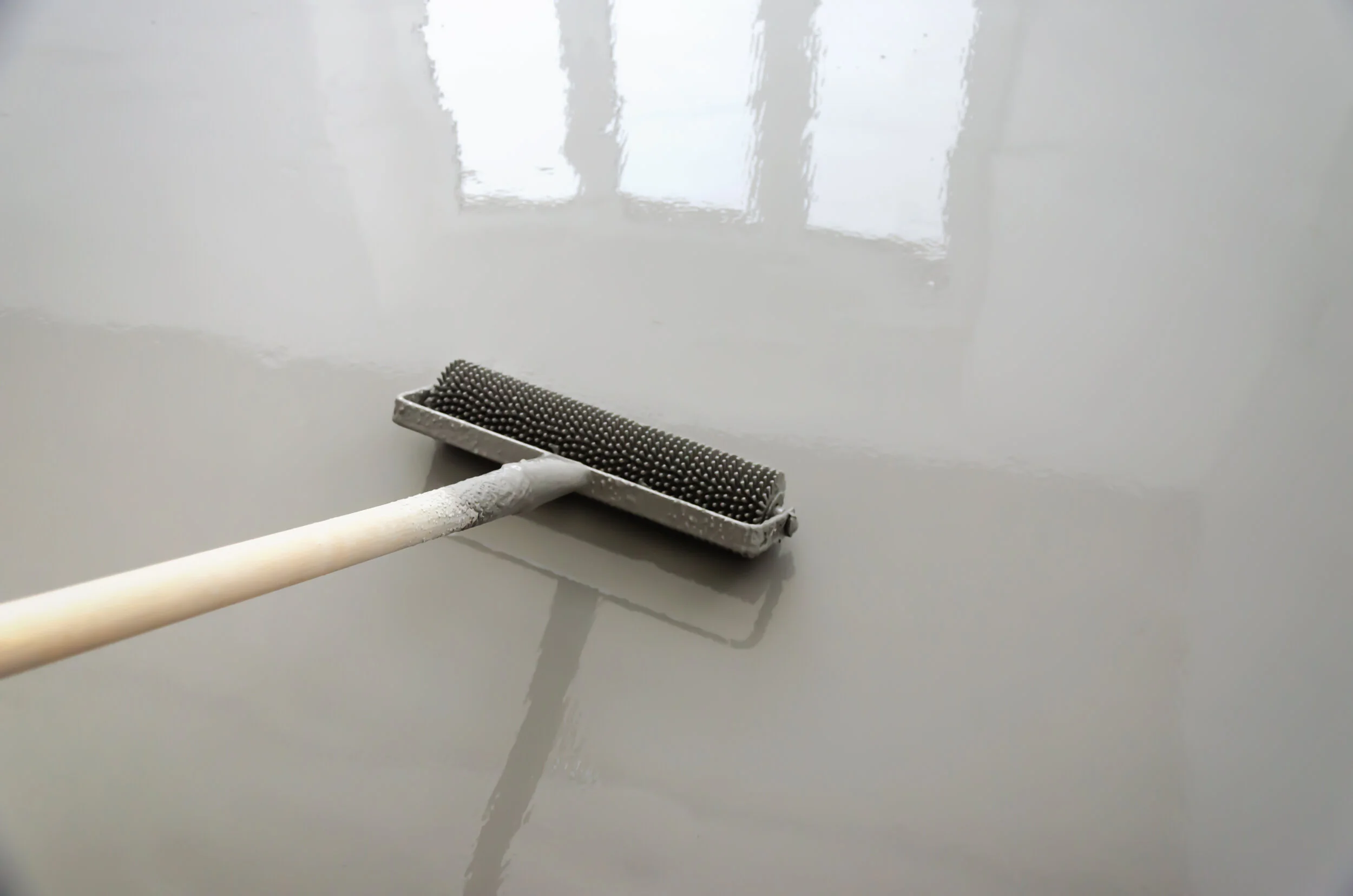What You Should Know About Epoxy Flooring
/Epoxy Flooring is a well known finish that's widely used in commercial and industrial projects. Instead of keeping a concrete slab in it's raw, natural state which makes it harder to clean and maintain, an epoxy resin can be applied over the concrete slab to make a smooth, durable, easy to maintain surface.
Below we cover some of the most asked questions about epoxy flooring. These include:
What is an epoxy floor?
How much do epoxy flooring systems cost?
How long do epoxy floors last?
What is epoxy flooring used for?
Is epoxy flooring good for homes?
Where can epoxy flooring be applied?
What are the benefits of epoxy flooring?
Are epoxy floors durable?
Does epoxy floors scratch easily?
What's the difference between epoxy floor paints and regular floor paints?
Epoxy Flooring
What is an epoxy floor?
Epoxy floor coatings are a resin based system that is applied over existing concrete floors to create a seamless, smooth surface. In most instances, epoxy flooring is a solid, flat colour. However, you can also get creative with your epoxy flooring and creating patterns throughout.
The epoxy coating; also referred to as epoxy systems or epoxy paints is typically installed at a minimal thickness of 1mm and is available in a range of different colours. There are many brands of epoxy available on the market, including non-slip finish. It's important that you make sure you choose a high quality epoxy.
How much do epoxy flooring systems cost?
Epoxy flooring is a cost-effective option that starts at $40 per square meter.
How long do Epoxy floors last?
What makes epoxy resin a desirable finish for high traffic areas is that it can last years, as long as it is maintained properly.
What is epoxy flooring used for?
Epoxy flooring is suitable for a range of spaces in-particularly commercial, automotive and industrial projects. The resin itself is manufactured from multiple different chemical compounds, including epoxy and polyurethane, and is rolled over an existing slab of concrete to achieve a flat, seamless finish. Resin flooring is very easy to maintain and keep hygienic, making it the perfect choice for high traffic areas.
Epoxy Flooring in a car showroom
Is epoxy flooring good for homes?
Usually Epoxy is a system that's used in an industrial setting, however within a home environment epoxy is very popular for a garage floor.
Where can epoxy flooring be applied?
Epoxy flooring can be applied to concrete floors both internally and externally thanks to the different sealers that are available.
What are the benefits of epoxy flooring?
Easy Maintenance
Epoxy flooring is hardwearing and easy to maintain, making it perfect for commercial and industrial applications.Quick Installation
The time it takes for an epoxy flooring specialist to install is approximately 3-5 days. This all depends on total square meters, if there is any extra preparation required and the type of finish selected. Most epoxy floor finishes are a 2 component systems which are hand mixed, poured and rolled over the floor or stair area. The resin flooring is then finished with a high-grade sealer to achieve either a matt, satin or high gloss look.Cost Effective
Epoxy flooring is a cost-effective product that starts at $40 per square meter.High Performance
Resin floors are well known for their high-performance in high traffic environments.
Are epoxy floors durable?
Yes, epoxy floors are known for their durability and suitability in high traffic areas which includes both foot traffic and vehicular traffic.
Does epoxy flooring scratch easily?
Epoxy flooring doesn't scratch easily due to it being a hard resin coating, however like any surface if something sharp enough scratches the surface, scratches may appear.
What's the difference between epoxy floor paints and regular floor paints?
Epoxy floor paints are resin based, which means they 'cure' and become hard and durable, making it more hardwearing. Regular floor paints 'dry' as opposed to cure. They are not as thick as epoxy floor paints which means the paint can easily chip and wear away.




